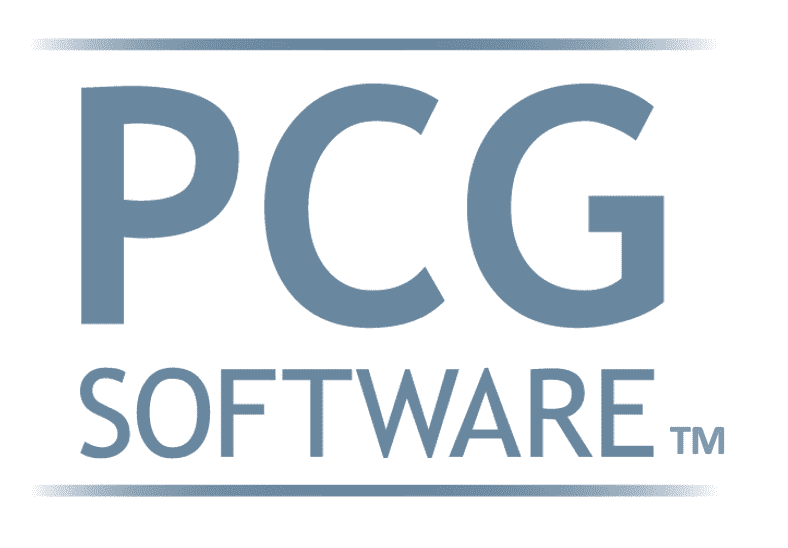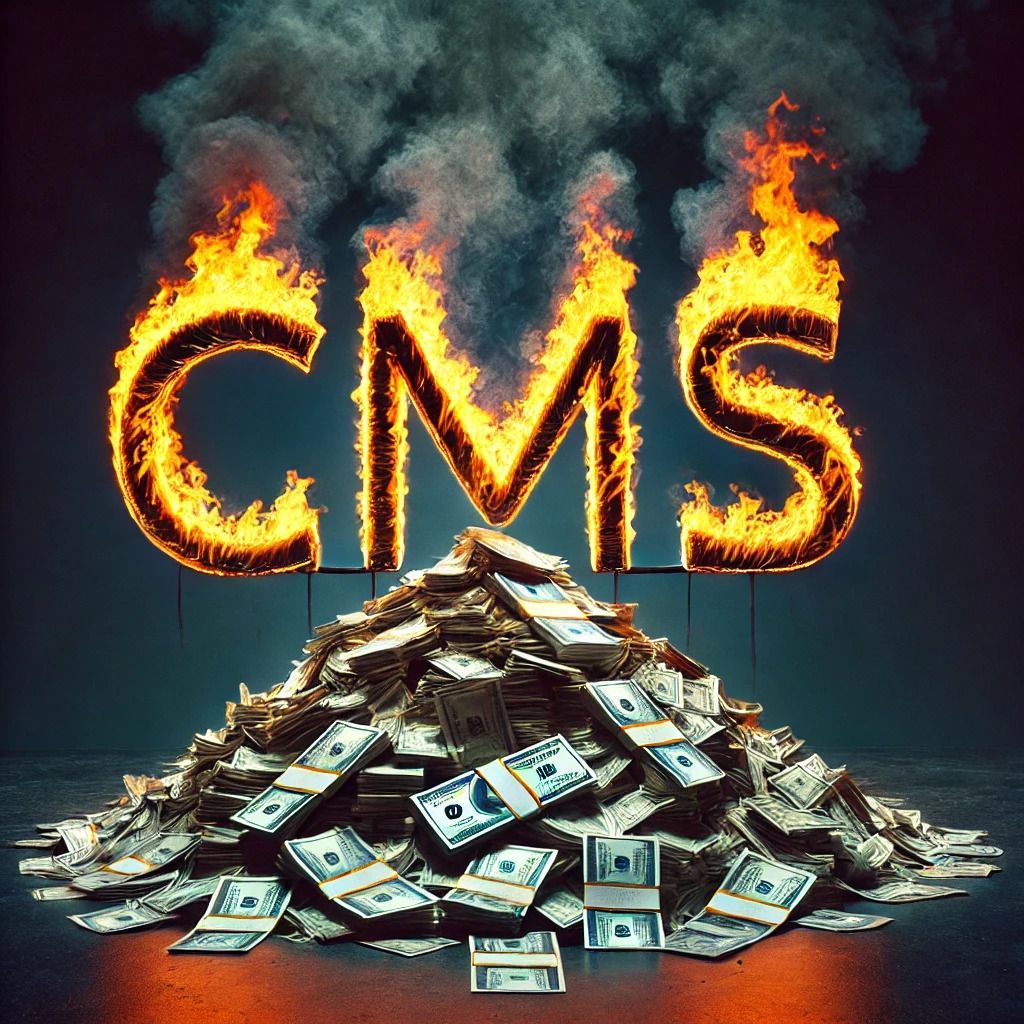How can AI help fight the Opioid Epidemic
In this short article we will address the financial impacts of the Opioid Epidemic and how AI medical coding and AI claims adjudication software solutions can help reduce Opioid Abuse and identify Opioid Issues with medical billing processes.
Financial Impacts of the Opioid Epidemic
According to the 2021 U.S. Congress Joint Economic Committee (JEC), the CDC, here are 8 important financial statistics about the Opioid Epidemic’s financial impact:
- The U.S. opioid epidemic cost over $1 Billion in 2021 up 37% from 2017.
- Estimated that 3 million suffer from Opioid Addiction and 80,000+ die from overdoses. Opioid use increased during the pandemic, with a record number of fatal opioid overdoses in 2020 and 2021. The most common drugs leading to overdose deaths are heroin, fentanyl, oxycodone, and morphine, all which activate opioid receptors.
- In 2019, 12 million Americans reported (willingly) that they misused prescription opioids.
- The opioid epidemic imposes significant economy-wide costs, exacerbating racial and economic inequality.
- The opioid epidemic has made the U.S. less healthy, less economically competitive, and less secure.
- The opioid epidemic requires urgent, collective action on a national scale.
- The U.S. government has increased investments in drug treatment and prevention programs.
- The White House has awarded $1.5 billion to all states and territories to address the epidemic, in addition to nearly $5.5 billion provided by the American Rescue Plan Act and other Biden Administration actions in 2021.
5 ways AI can help Opioid Addicted patients
- Predictive analytics: AI can analyze large amounts of data to identify patterns and predict which individuals are at risk of developing opioid addiction. This can help healthcare providers intervene earlier and provide targeted interventions to prevent addiction from occurring.
- Personalized medicine: AI can analyze an individual's genetic, environmental, and lifestyle factors to provide personalized treatment plans that are tailored to their specific needs. This can help healthcare providers to prescribe medication that is more effective and less likely to lead to addiction.
- Early detection and intervention: AI can help healthcare providers detect opioid addiction earlier by analyzing data from electronic health records and other sources. This can help to identify individuals who are at risk of overdose and provide them with the support they need to recover.
- Prescription monitoring: AI can be used to monitor prescription drug use and identify patients who are at risk of developing addiction. This can help healthcare providers to intervene earlier and provide targeted support to prevent addiction from occurring.
- Support for recovery: AI can provide support for individuals who are recovering from opioid addiction by providing personalized support, such as reminders to take medication and encouragement to attend support groups.
AI has the potential to play a significant role in reducing the opioid epidemic in the United States by providing early detection, personalized treatment, and targeted interventions to prevent addiction from occurring.
4 was AI solutions help curb the cost of the Opioid Epidemic
- Identifying potentially fraudulent claims: AI can analyze claims data to identify patterns of potentially fraudulent billing, such as billing for more opioids than are medically necessary or prescribing opioids to patients who are at low risk of addiction. This can help to identify cases of fraud and abuse more quickly and accurately than manual reviews.
- Analyzing patient data for risk factors: AI can analyze patient data to identify risk factors for opioid addiction, such as a history of substance abuse, mental health conditions, or chronic pain. This can help healthcare providers to identify patients who are at higher risk of addiction and provide them with targeted interventions to prevent addiction from occurring.
- Identifying patterns of overprescribing: AI can analyze prescribing patterns to identify providers who are prescribing opioids at higher rates than their peers. This can help to identify cases of overprescribing and provide targeted education and support to these providers to encourage more appropriate prescribing practices.
- Streamlining coding and billing processes: AI medical coding software can automate the coding and billing process, reducing the potential for errors or fraudulent claims. This can help to ensure that claims are processed accurately and efficiently, reducing the risk of fraud and abuse.
AI medical coding software has the potential to help reduce opioid fraud and addiction by identifying potentially fraudulent claims, analyzing patient data for risk factors, identifying patterns of overprescribing, and streamlining coding and billing processes. By providing more accurate and efficient analysis of claims and patient data, AI can help to prevent fraud and abuse and improve the quality of care for patients.
Conclusion
In conclusion, the opioid epidemic continues to be a major public health and economic crisis in the United States, with devastating consequences for individuals, families, and communities. As the crisis continues to evolve and worsen, it is crucial to take urgent, collective action to address it. AI medical coding software solutions can play a significant role in identifying and preventing opioid fraud and addiction, ultimately helping to reduce the toll of the epidemic on both the economy and public health. By leveraging the power of AI to improve the efficiency and accuracy of medical coding, healthcare providers can better track and manage opioid prescriptions, while also identifying cases of abuse and addiction earlier. As we work to combat the opioid epidemic, it is important to invest in innovative technologies and solutions, such as AI medical coding software, to support more effective prevention and treatment efforts. If your hospital, clinic, or payer organization needs an AI solution to help curb the rapid growth of opiod addiction, please contact us for a consultation.
Our History and Credibility in Reporting this Information:
For over 30 years, PCG Software Inc. has been a leader in AI-powered medical coding solutions, helping Health Plans, MSOs, IPAs, TPAs, and Health Systems save millions annually by reducing costs, fraud, waste, abuse, and improving claims and compliance department efficiencies. Our innovative software solutions include Virtual Examiner® for Payers, VEWS™ for Payers and Billing Software integrations, and iVECoder® for clinics.
Support Request
New Customer Quick Links
All Rights Reserved | PCG Software, Inc.
Website Created & Managed by Talents Into Profits


